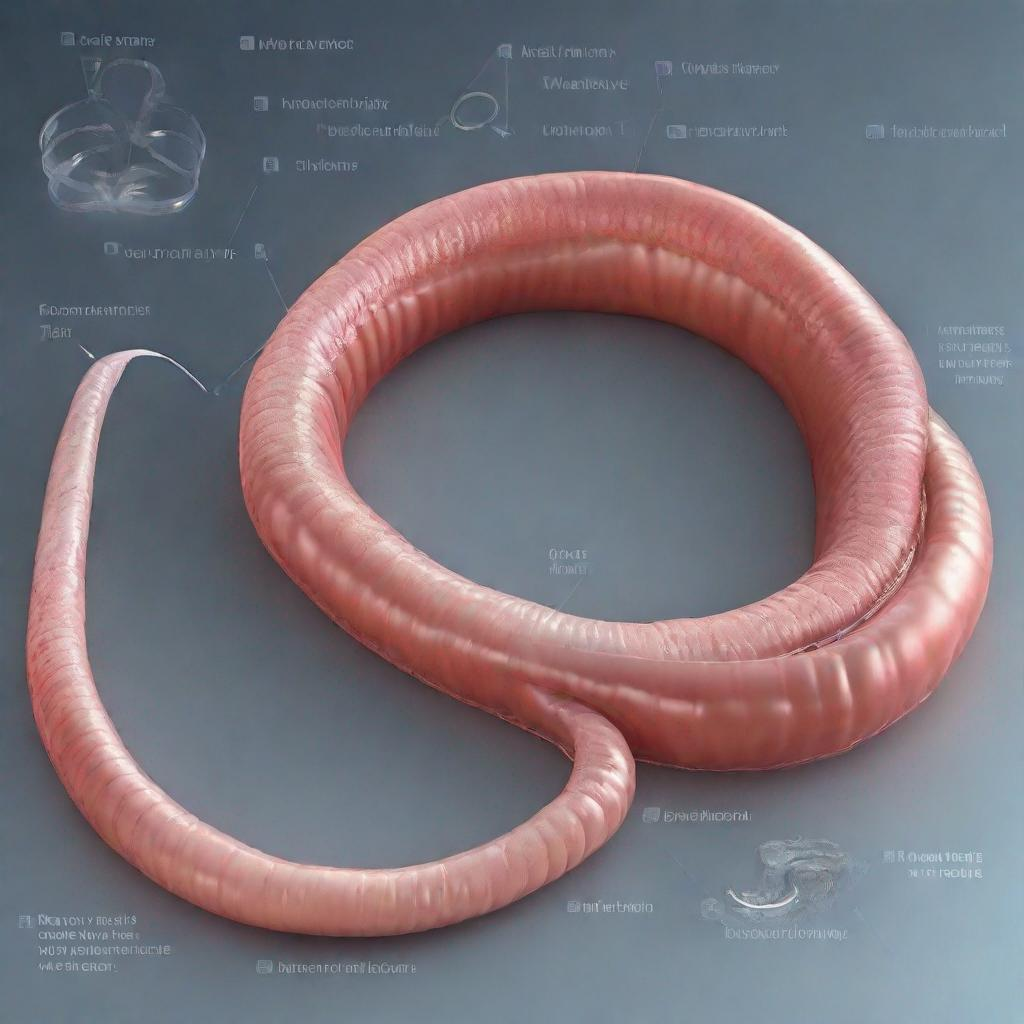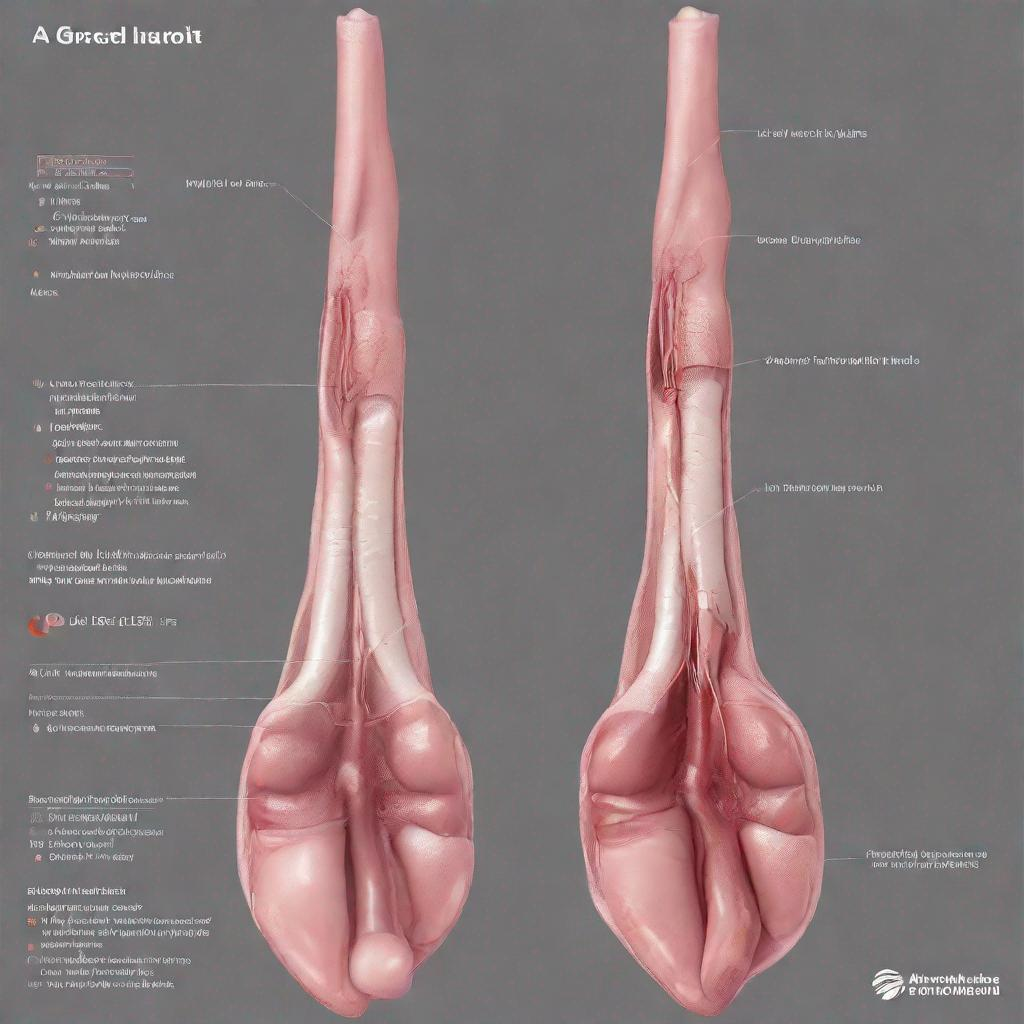## Intestinal Nematode Infections: A Comprehensive Overview
### Introduction
Intestinal nematode infections, commonly known as parasitic intestinal infections or worm infestations, are a group of parasitic infections that affect the gastrointestinal tract and cause a wide range of symptoms. Nematodes are a type of worm that can live and mature in the intestines of humans, leading to various health issues.
### Symptoms
Symptoms of intestinal nematode infections may include:
– Abdominal pain
– Diarrhea
– Eosinophilia (increased eosinophils, white blood cells that fight infection)
– Fatigue
– Growth retardation
– Malnutrition
– Rectal itching
### Diagnosis
Diagnosis of intestinal nematode infections typically involves:
– **Stool examination:** A sample of stool is examined under a microscope to identify nematode ova (eggs) or parasites.
– **Endoscopy:** A small, lighted camera is inserted through the mouth into the gastrointestinal tract to examine for parasites or abnormalities.
– **Colonoscopy:** Similar to endoscopy, but the camera is inserted through the rectum into the large intestine.
### Prevention
Prevention measures include:
– Practicing good hygiene, such as washing hands frequently
– Wearing shoes to avoid contact with contaminated soil
– Consuming only well-cooked meat and fish
– Avoiding contact with individuals who are infected
### Doctors Involved
Diagnosis and treatment of intestinal nematode infections typically involve:
– Gastroenterologists: Doctors who specialize in the digestive system
– Infectious disease specialists: Doctors who specialize in the diagnosis and treatment of infectious diseases
– Parasitologists: Scientists who study parasites
### Treatment
Treatment for intestinal nematode infections involves the use of antihelminthic drugs, such as:
– Albendazole
– Mebendazole
– Pyrantel pamoate
Multiple doses may be necessary to eliminate the infection completely.
### Complications
If left untreated, intestinal nematode infections can lead to serious complications, such as:
– Malabsorption of nutrients
– Anemia (low red blood cells)
– Developmental problems in children
– Intestinal perforation (a hole in the intestinal wall)
– Sepsis (a life-threatening infection)
### Related Terms
– **Geohelminths:** Nematodes that live in soil and are transmitted to humans through contact with contaminated soil.
– **Soil-transmitted helminths:** A group of intestinal nematodes that are spread through contact with contaminated soil, including Ascaris lumbricoides (whipworms), Ancylostoma duodenale (hookworms), Necator americanus (hookworms), Trichuris trichiura (whipworms), and Strongyloides stercoralis (threadworms).
– **Neglected tropical diseases:** A group of infectious diseases that affect millions of people in tropical and subtropical regions, including intestinal nematode infections.
– **Enterobacteria:** Bacteria that live in the intestines of humans and other animals.
– **Filarial nematodes:** A type of nematode that causes lymphatic filariasis, a parasitic disease that affects the lymphatic system.
– **Nematode ova:** The eggs of nematodes.
– **Parasitology:** The study of parasites and parasitic infections.
– **Public health:** The field that focuses on improving the health of communities and populations, including preventing and treating parasitic infections.
– **Tropical medicine:** The field that specializes in the prevention and treatment of diseases that are prevalent in tropical and subtropical regions, including intestinal nematode infections.



